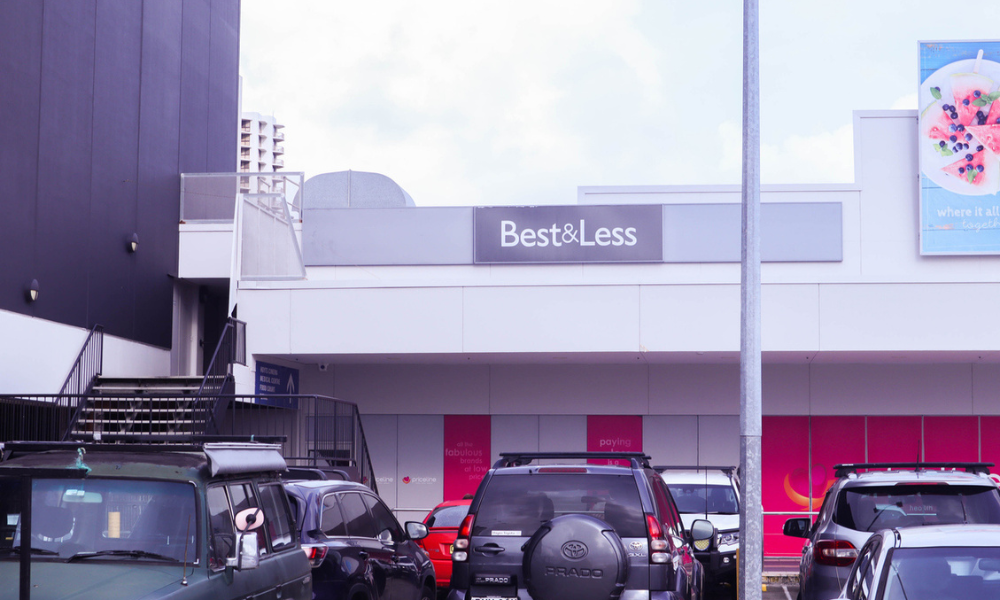'Let's make sure that we still provide the conditions where business can be encouraged to employ people as much as possible,' says ACCI

The Australian Council of Trade Unions (ACTU) is advocating for a 5% pay increase in the upcoming annual wage review, citing the capacity of businesses to afford higher wages amidst robust profits.
However, this proposal faces staunch opposition from employers, setting the stage for a contentious debate as the Fair Work Commission prepares to conduct its review, says news.com.au.
The review, to be conducted by the Fair Work Commission, takes effect from July 1 and covers almost 2.8 million award and minimum wage earners.
Lowest paid workers ‘hardest hit’
ACTU Secretary Sally McManus emphasized the need for a significant pay raise, stating, “The lowest paid workers are the ones who are the hardest hit by inflation, they need a 5 per cent pay increase to start to get ahead again and make up for the real wage losses over the last few years.”
The ACTU’s proposed pay hike would lift the national minimum wage to $24.39 per hour or $926.82 a week, up from its current level of $23.23 per hour or $882.74, says news.com.au.
Despite the ACTU's assertions, recent data from the Australian Bureau of Statistics indicates a decline in profits outside the mining sector, complicating the argument for a substantial wage increase.
Additionally, concerns about inflation persist, with the Reserve Bank cautioning that price growth in the labor-intensive services sector remains stubborn, says the news article.
ACCI calls for conservative approach to wage increase
In contrast to the ACTU's proposal, the Australian Chamber of Commerce and Industry (ACCI) is advocating for a more conservative approach, proposing an increase of “not more than 2 per cent.”
ACCI Chief Executive Andrew McKellar emphasized the need to balance wage growth with the cost pressures faced by businesses, highlighting the importance of creating conditions conducive to employment.
“What we are seeing is clearly a situation where wages are one of the persistent cost factors that businesses are facing at the moment,” Mr McKellar said in news.com.au.
“Let’s make sure that we still provide the conditions where business can be encouraged to employ people as much as possible.”
Government hints at minimum wage
Prime Minister Anthony Albanese hinted at the government's submission to the review, suggesting that the minimum wage should be linked to the latest inflation rate to ensure that those on the minimum wage do not fall behind.
This position underscores the government's cautious approach to wage adjustments in light of ongoing economic uncertainties.
With the wage review set to impact almost 2.8 million award and minimum wage earners, the outcome of this debate will have significant implications for workers and businesses alike.








